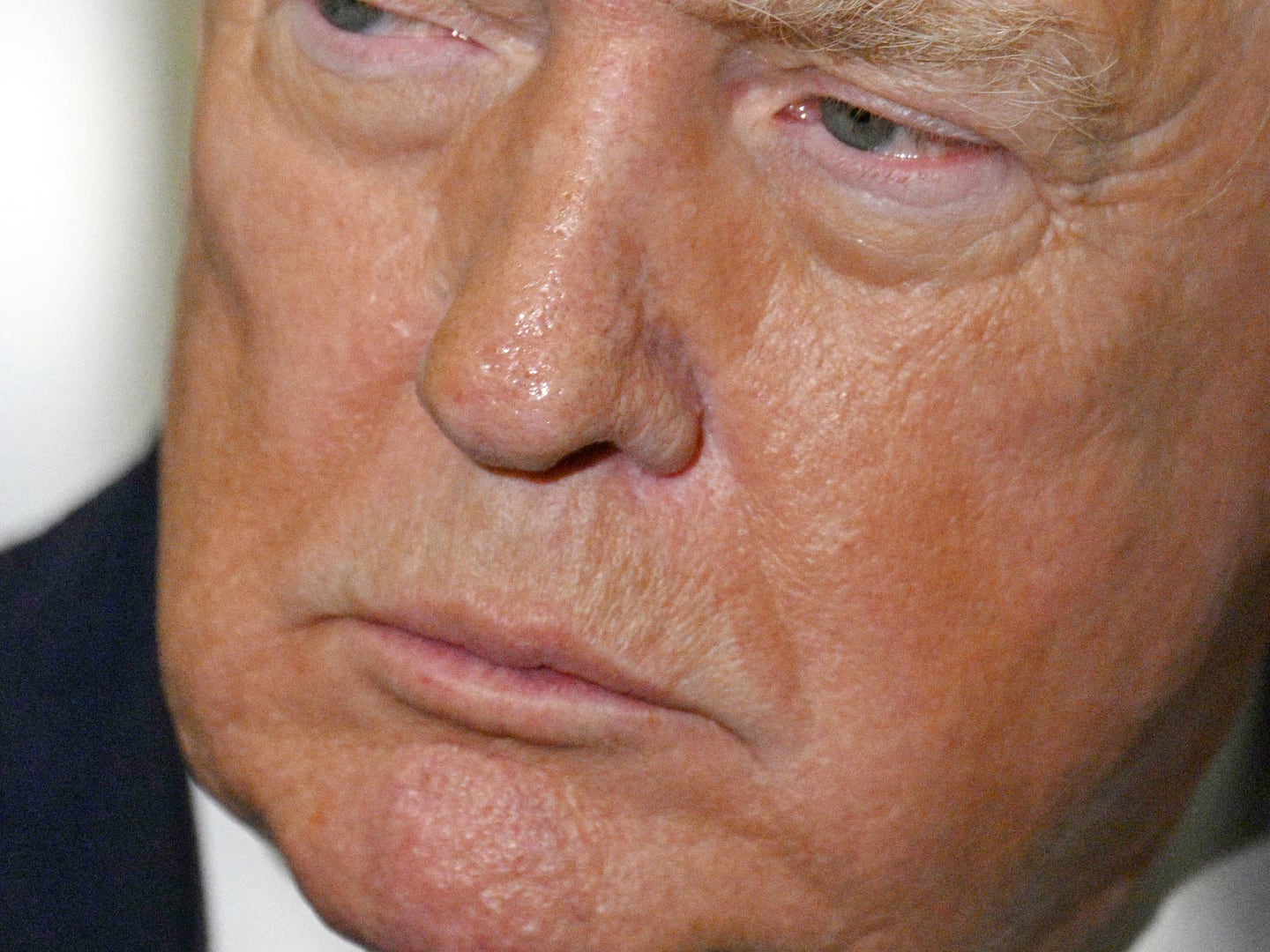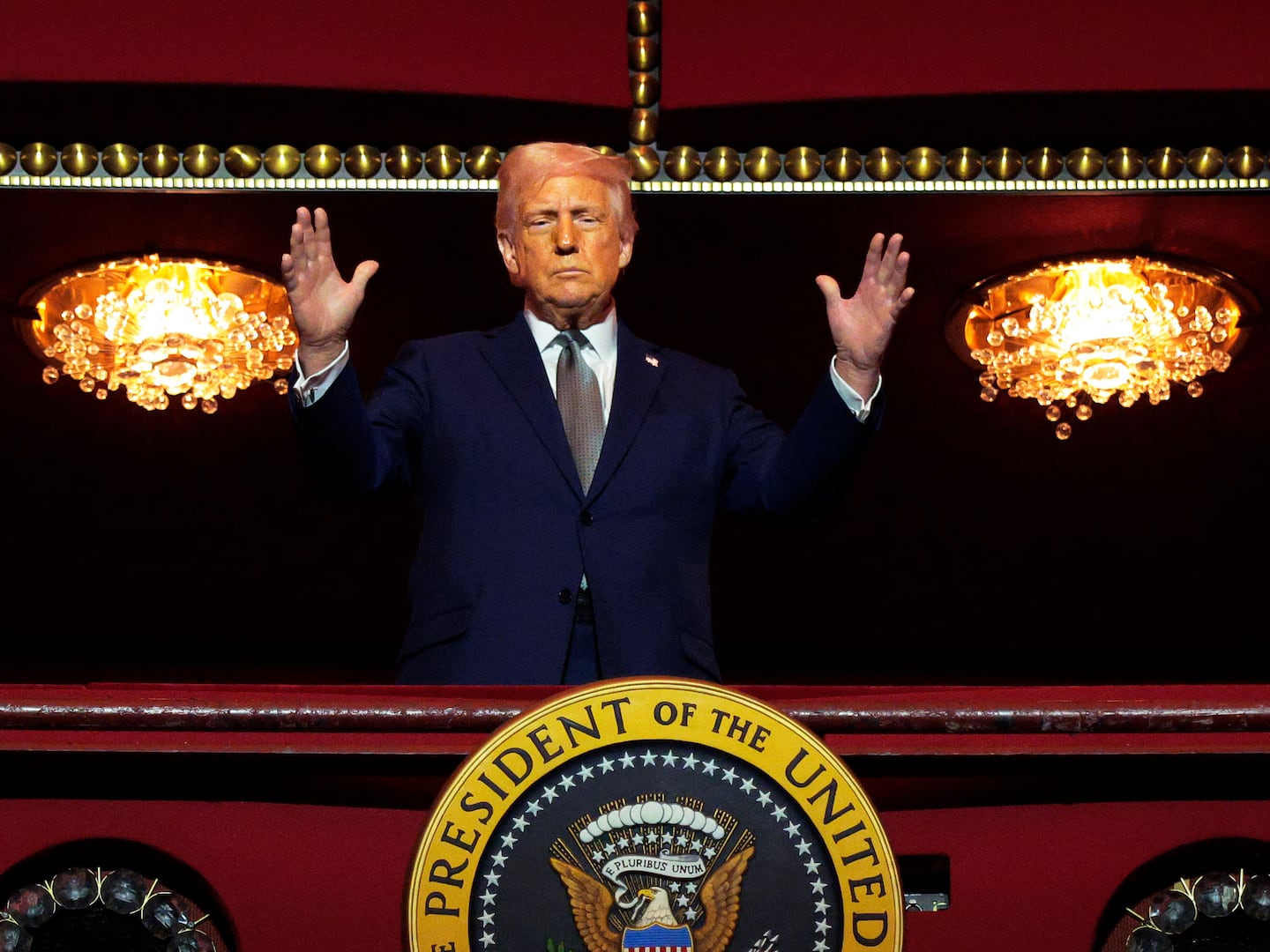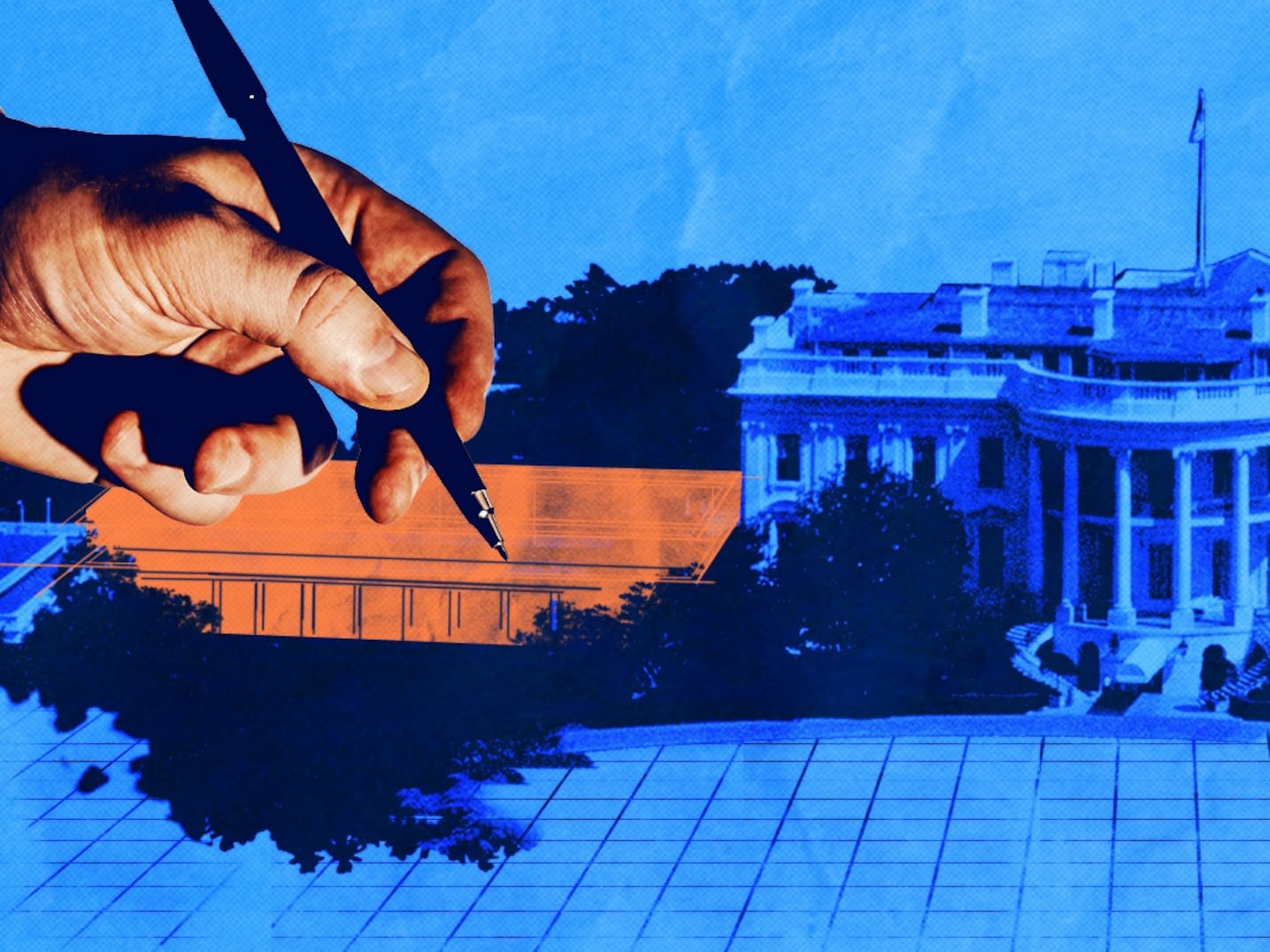Special counsel Robert Mueller‘s latest indictment buries the lede. It is not until Count 11 that we learn that Russian intelligence officers hacked into computers used in administering our elections.
We have long known that Democratic National Committee computers were hacked, and emails were stolen and disseminated. In the first 10 counts, the new indictment charges 12 Russian intelligence with a variety of crimes relating to hacking the computers of the DNC and related entities. And we knew from the prior indictment filed in February that Russians used social media to conduct an influence campaign designed help the candidacy of Donald Trump.
But the new indictment alleges for the first time that Russian intelligence officers conspired to attack our election infrastructure. The indictment charges two Russian GRU officers along with “other persons known and unknown to the grand jury,” with conspiring to hack into the computers of “state boards of elections, secretaries of state, and U.S. companies that supplied software and other technology related to the administration of U.S. elections.” According to the indictment, the goal of the defendants was to steal voter data and other information.
These new charges mean that Russia has engaged not just in a propaganda war, but in a physical attack on American assets. While the indictment stops short of alleging that their efforts were successful in changing the outcome of the election, it makes clear that our democracy is at grave risk of future attacks that could undermine our free elections. For a country that elects its leaders by vote of the people, this news is incredibly alarming.
The new indictment, returned by an independent grand jury, should put to rest accusations that the Mueller investigation is some sort of witch hunt, and serve as an alarm bell that our government must redouble its efforts to protect our upcoming midterm elections from interference.
To date, Trump has declined to be a strong leader in defending our election integrity. Is it because he is concerned that any suggestion that Russians interfered with our election undermines the legitimacy of his election? If so, then he needs to remember that Mueller’s investigation isn’t about him; it is about prosecuting an attack by an adversary.
Or is Trump silent on this issue because he knows that he or his associates were complicit with the Russian effort?
In detailing the scheme to disseminate stolen email messages, the indictment refers to a “person who was in regular contact with senior members of the presidential campaign of Donald J. Trump,” who Roger Stone said is “probably” him. It would not be a stretch to imagine a superseding indictment that adds Stone as a defendant to this indictment if evidence can establish that he agreed to help Russia in its efforts to influence the election.
A conspiracy theorist might even look to Trump’s voter fraud task force as part of the Russian effort to gain power over our elections. The Presidential Advisory Commission on Election Integrity was established to investigate whether voters cast ballots illegally, which critics described as a solution in search of a problem. The Commission was disbanded after state officials refused to comply with its requests for detailed information about voters, for fear that this information could easily be compromised if it were all stored in one place. A sinister view of the task force might consider whether compromise of voter information was its goal in the first place.
The indictment contains a few other interesting new revelations. The Democratic Congressional Campaign Committee was also a victim of Russian hacking. An unidentified candidate for Congress asked Russian intelligence for and received stolen documents about his opponent. And an entity identified as “Organization 1” allegedly helped to disseminate the stolen email messages, which appears from this context and earlier news reports to be Wikileaks.
By not naming an uncharged entity, and instead using a generic description, such as “Organization 1,” Mueller was complying with Department of Justice policy, but why not charge Wikileaks or its founder, Julian Assange in this indictment? It may be that Mueller did not have sufficient evidence against them, or, that as a matter of prosecutorial discretion, he thought it was inappropriate to criminally charge a member of the media, even a website like Wikileaks, relating to news gathering activity, in light of the important role that the press plays in our democracy and for concern of the precedent such charges might set.
If so, it would be a refreshing reminder that some public officials are considering the long-term consequences of their actions in our democracy. When read to the end, this indictment cries out for similar care and attention from those entrusted to protect our national security.






